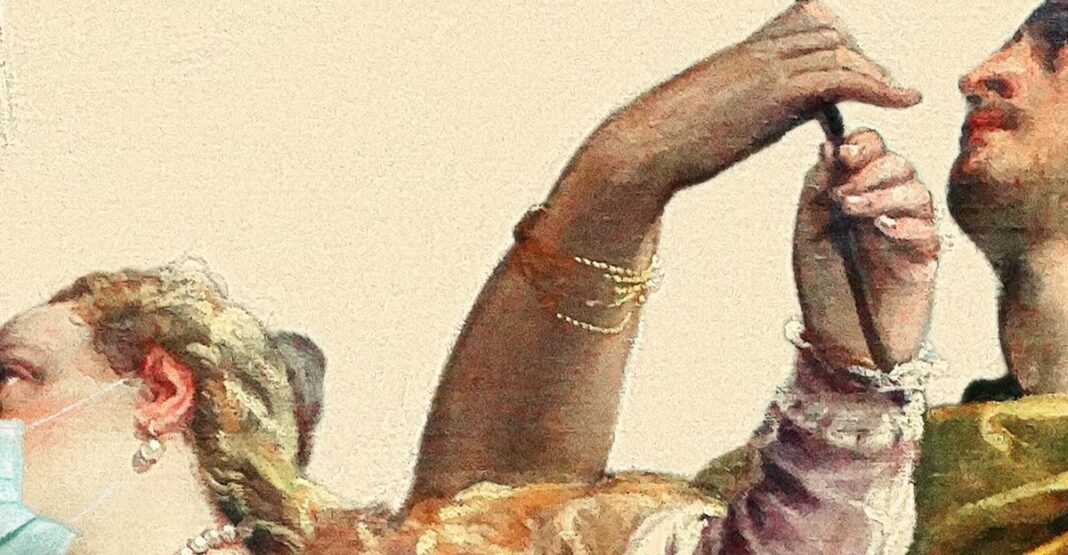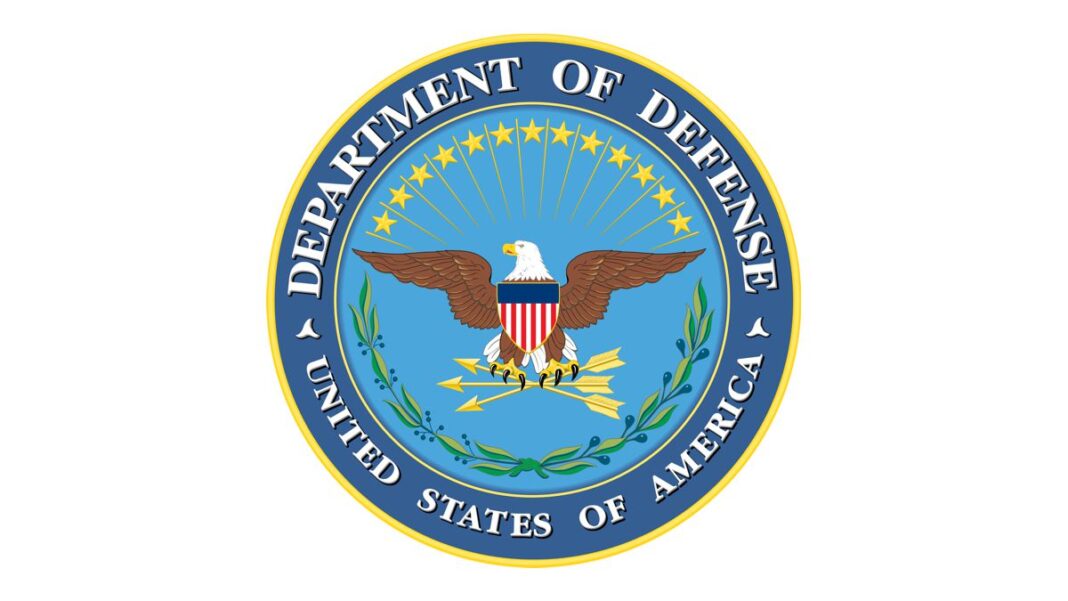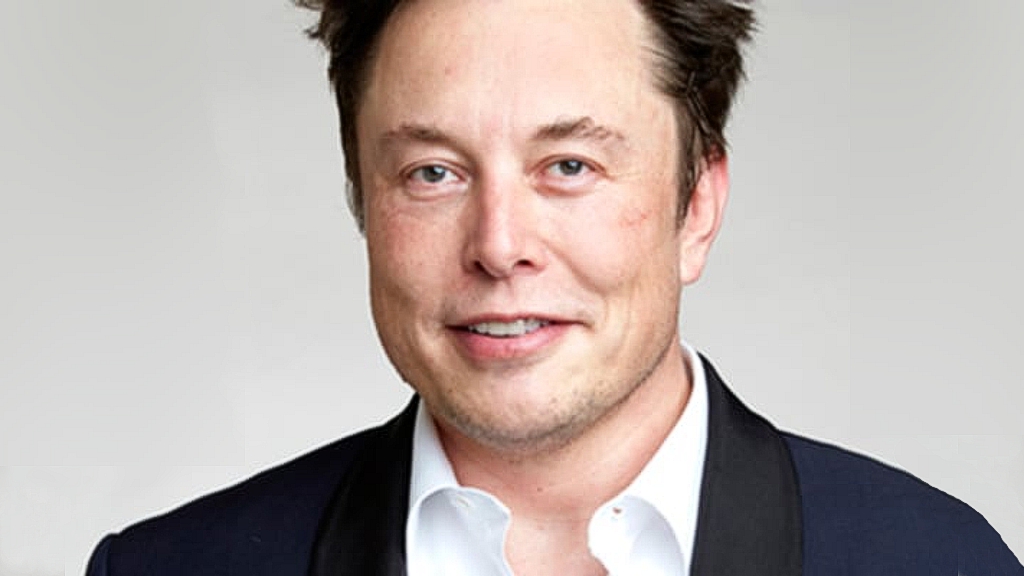We need to forgive one another for what we did and said when we were in the dark about COVID.
In April 2020, with nothing else to do, my family took an enormous number of hikes. We all wore cloth masks that I had made myself. We had a family hand signal, which the person in the front would use if someone was approaching on the trail and we needed to put on our masks. Once, when another child got too close to my then-4-year-old son on a bridge, he yelled at her “SOCIAL DISTANCING!”
These precautions were totally misguided. In April 2020, no one got the coronavirus from passing someone else hiking. Outdoor transmission was vanishingly rare. Our cloth masks made out of old bandanas wouldn’t have done anything, anyway. But the thing is: We didn’t know.
I have been reflecting on this lack of knowledge thanks to a class I’m co-teaching at Brown University on COVID. We’ve spent several lectures reliving the first year of the pandemic, discussing the many important choices we had to make under conditions of tremendous uncertainty.
Some of these choices turned out better than others. To take an example close to my own work, there is an emerging (if not universal) consensus that schools in the U.S. were closed for too long: The health risks of in-school spread were relatively low, whereas the costs to students’ well-being and educational progress were high. The latest figures on learning loss are alarming. But in spring and summer 2020, we had only glimmers of information. Reasonable people—people who cared about children and teachers—advocated on both sides of the reopening debate.
Another example: When the vaccines came out, we lacked definitive data on the relative efficacies of the Johnson & Johnson shot versus the mRNA options from Pfizer and Moderna. The mRNA vaccines have won out. But at the time, many people in public health were either neutral or expressed a J&J preference. This misstep wasn’t nefarious. It was the result of uncertainty.
By Emily Oster
Read Full Article on TheAtlantic.com







